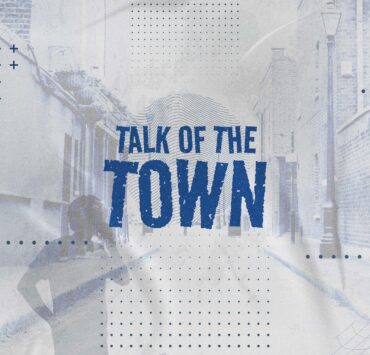Mandatory but misguided: What the ROTC revival gets wrong

In 2023, the House of Representatives passed House Bill No. 8969, which seeks to mandate the Reserve Officers’ Training Corps (ROTC) for all senior high school students. Proponents call it a move toward discipline and patriotism. Critics call it performative nationalism at best, and coercion at worst.
But beyond the rhetoric, there’s a fundamental question we must ask: Are we truly preparing students for service, or are we preparing them to obey?
The case for mandatory ROTC has always been built on the ideals of national pride, youth discipline, and emergency readiness. In theory, these are noble goals. In practice, they fall apart when confronted with the realities of abuse, inefficiency, and misplaced priorities.
The Philippines is no stranger to ROTC-related violence. The most notorious case was in 2001, when 19-year-old Mark Chua, a student of the University of Santo Tomas, was tortured and murdered after exposing corruption within his ROTC unit. His death was not just a tragedy; it was a turning point, sparking nationwide outrage and ultimately leading to the ROTC’s removal as a mandatory requirement.
And now, just over two decades later, we are circling back.
The timing is telling. While schools across the country still suffer from classroom shortages, underpaid teachers, and low digital literacy, the government is pouring billions into a program that has yet to prove its relevance in today’s sociopolitical landscape. According to the Department of Education, the proposed revival would cost the state at least P61 billion in the first year alone. That’s funding that could’ve gone to fixing broken school buildings, improving reading comprehension, or ensuring students aren’t forced to learn in flooded rooms and collapsing structures.
One must also consider the psychological cost. ROTC, for many, becomes a space not for civic formation but for unchecked authority. The culture of hazing and blind obedience is well-documented, yet reforms are minimal. In a country where military and police accountability remains weak, do we want to normalize early exposure to hierarchical submission?
Even the argument of national defense is shaky. The Philippines faces modern security threats—disinformation, cyberattacks, and environmental collapse. Marching in formation under the sun does little to prepare students for the crises of the 21st century.
What would civic education look like without compulsory ROTC? It would look like students who are taught to question, not just comply. Students who serve their communities not out of fear, but out of genuine understanding. Real patriotism is not measured in drills—it’s measured in critical thinking, civic participation, and the courage to speak up when systems fail.
Mandating ROTC is not an act of love for the country. It is the state outsourcing its idea of discipline to children who have barely learned who they are.
If we want a braver, more principled generation, we must begin by trusting them—not by forcing them to salute.
Amanda E. Montilla,
Tanay-Sampaloc Integrated National High School

















Indigenous peoples’ representation and AI